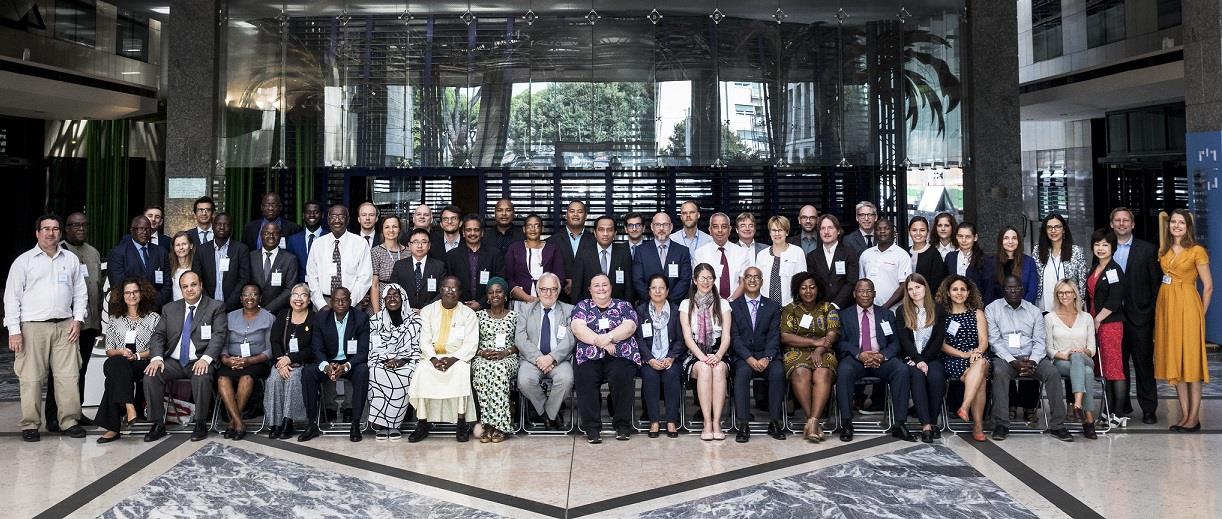Agriculture experts call for harmonized guidelines on climate action

Rome: Agriculture experts from 36 countries gathered in Rome from 25-27 September to exchange ideas on ways to implement the Koronivia Joint Work on Agriculture (KJWA) paving a way forward.
“All the different processes, KJWA, IPCC reporting, Nationally Determined Contributions and the Paris Agreement, complement one another but there is a need to define modalities and set guidelines to manage agriculture now and in the future,” said the Chair of the UNFCCC Subsidiary Body for Implementation (SBI), Emmanuel Dlamini from Eswatini during one of the sessions.
This key session on the first day focused on the Intergovernmental Panel on Climate Change (IPCC) special report on Land because parts of the report can be linked to achieving elements in the Koronivia decision. Here participants agreed on the need for guidelines to support policy makers and to interpret findings from the special report. With the right guidance at hand, countries can make informed decisions and take specific actions to ensure the integrity of climate action on the ground.
Launched at the 2017 United Nations Climate Change Conference (COP23), the KJWA was a historic decision, recognizing the importance of the agriculture sectors in climate change negotiations. By mainstreaming agriculture into the UN Framework Convention on Climate Change (UNFCCC) processes, the KJWA can drive transformation in agricultural and food systems, and address the synergies and trade-offs between adaptation, mitigation, and agricultural productivity.
The meeting was the third in a series of Koronivia Dialogues, organized and hosted by FAO.
“The IPCC report on land is a vital body of evidence that supports the six elements of the Koronivia decision that we are working on with countries. It’s about matching country needs and action on the ground, and achieving concrete results in terms of climate change mitigation and adaptation,” explained Martial Bernoux, an FAO Natural Resources Officer leading the informal dialogue.
Launched in August, the special report focuses on climate change, desertification, land degradation, sustainable land management and greenhouse gas fluxes in terrestrial ecosystems, all of which threaten food security.
The session was a chance for countries to start ‘unpacking’ the report, looking at how to translate the scientific findings into evidence for climate and land policy makers around the world, and discuss the implications on KJWA. The key objective was to develop national capacities, sharing insights into the report and discussing the most effective way to turn the findings into action for each element of the KJWA.
FAO works in close collaboration with the UNFCCC secretariat and other national and international actors, and supports the development and implementation of the KJWA, providing guidance and technical support.
“We need to work together and FAO can help us a lot, providing for example concrete, country specific examples of practices that can be followed,” explained Valerie Dermaux, from the Ministry of Agriculture and Food, France.
Thanks to the support of Germany and Japan, two recently started projects will further strengthen and consolidate the KJWA and move the work closer to implementation, strengthening country capacities and supporting countries to access climate finance.
The Koronivia road map provides a timeline of the in-session workshops (organized by the Secretariat of the UNFCCC). At COP26 in 2020, the subsidiary bodies will report on the outcomes of the KJWA to determine future developments.
More about Koronivia from FAO and latest publications:
www.fao.org/climate-change/our-work/what-we-do/koronivia/
